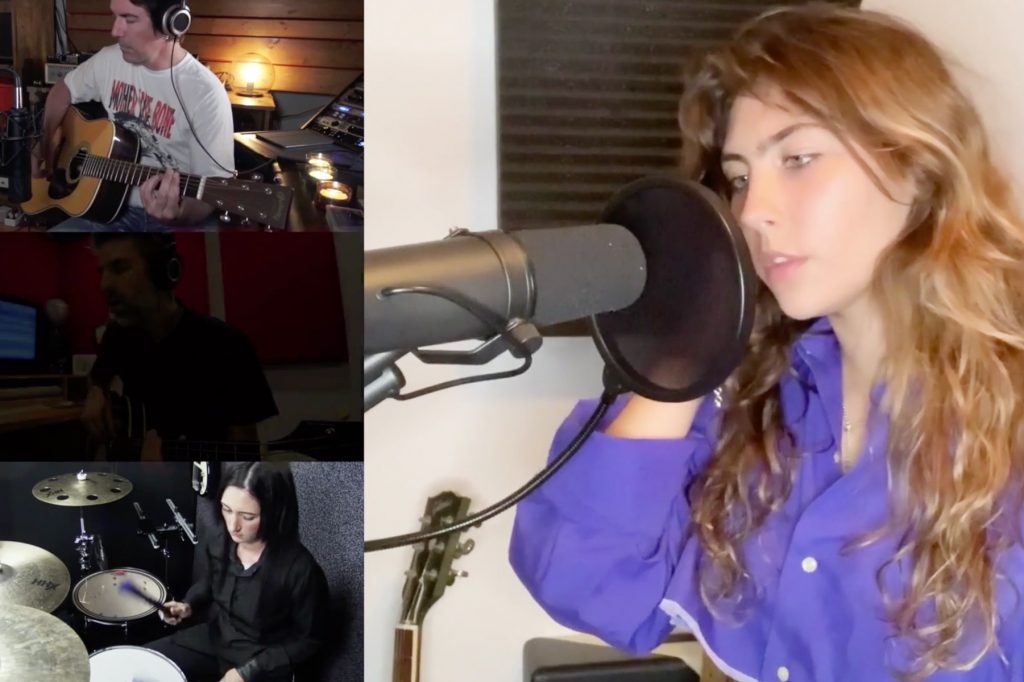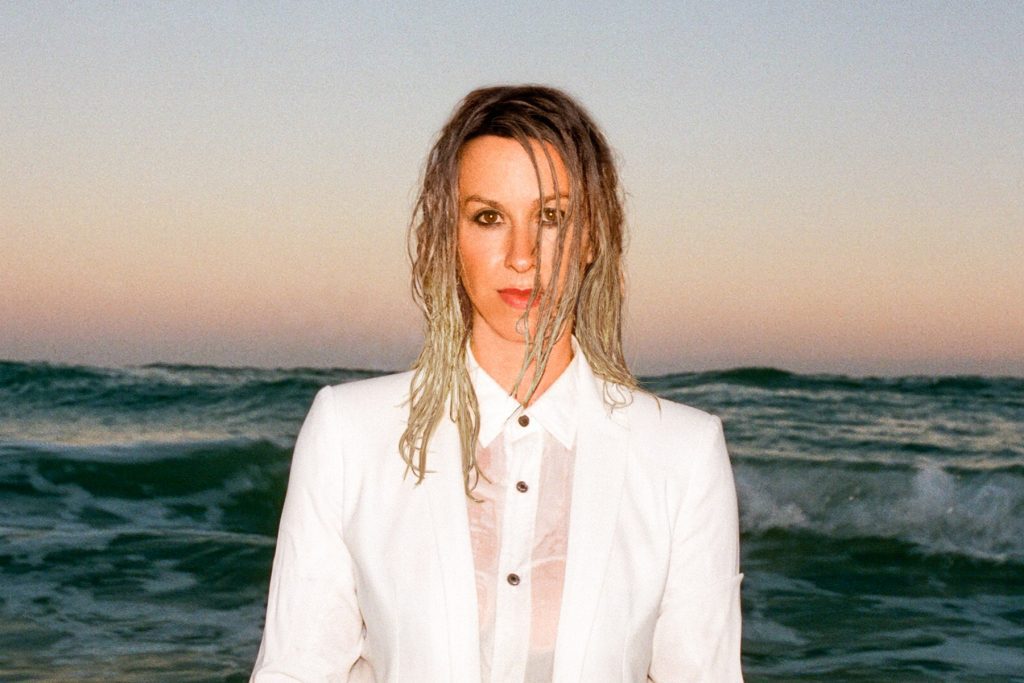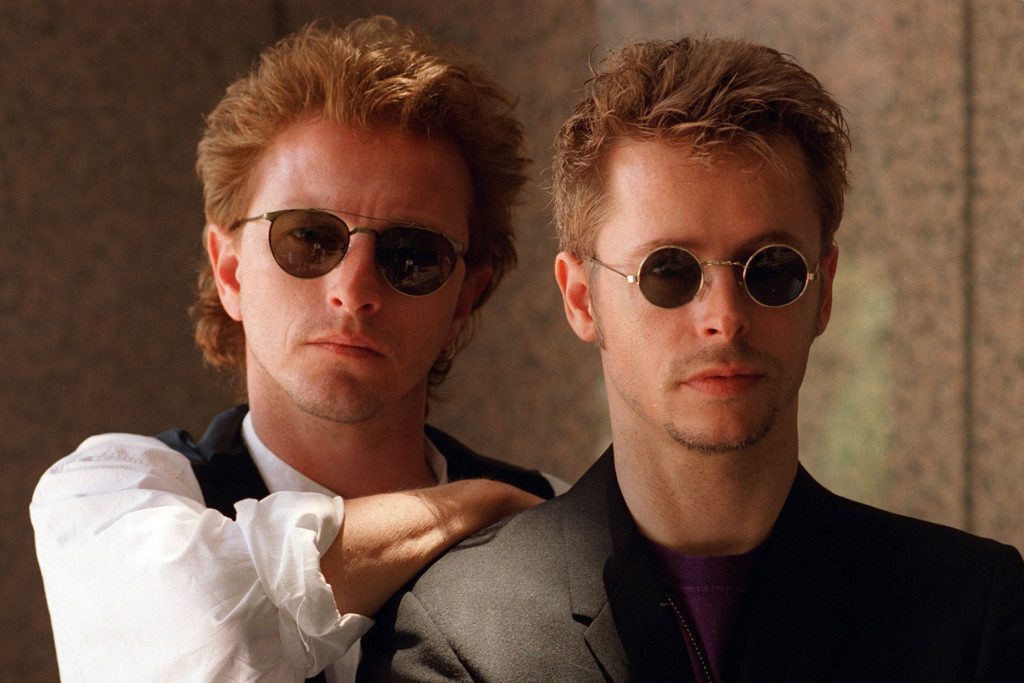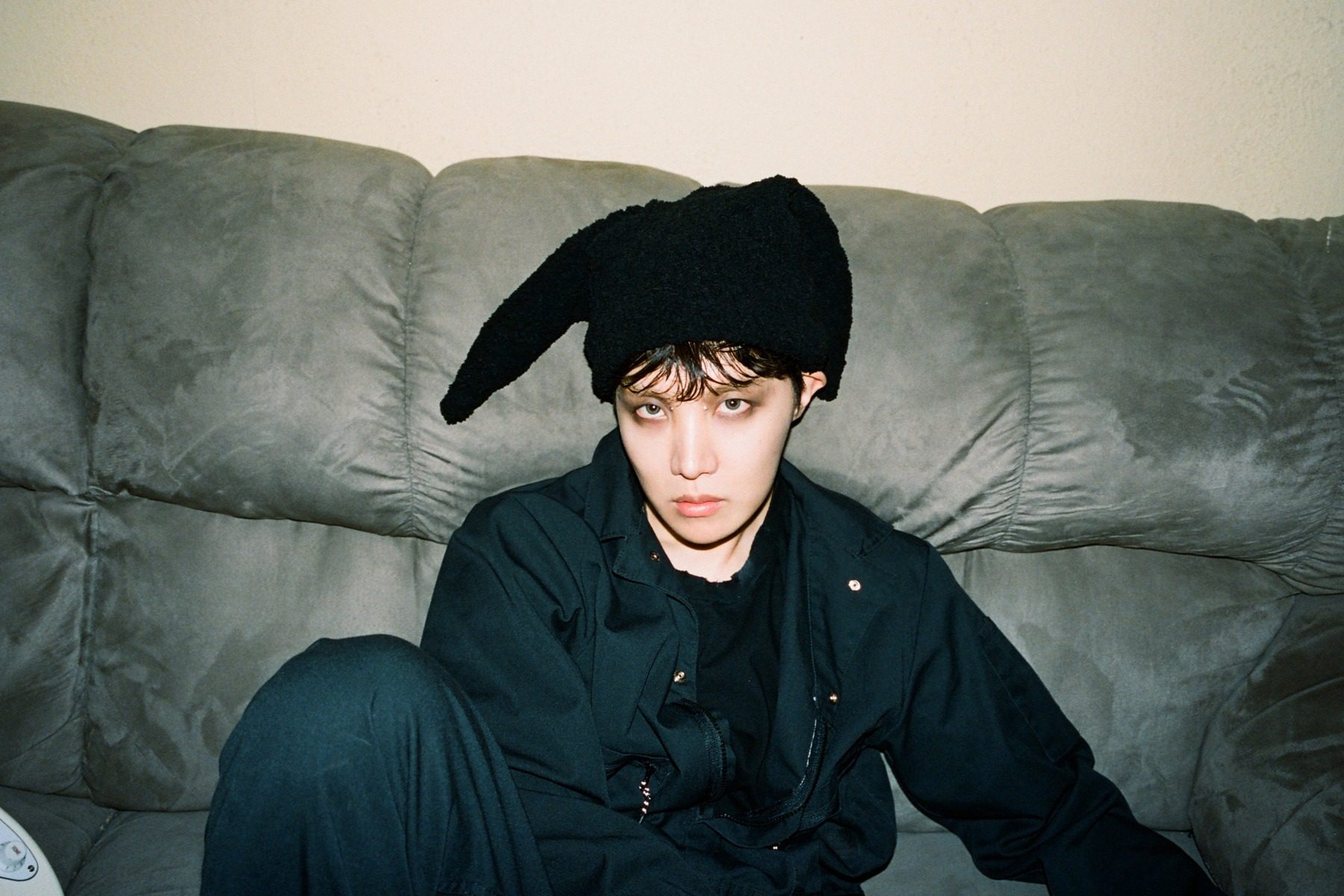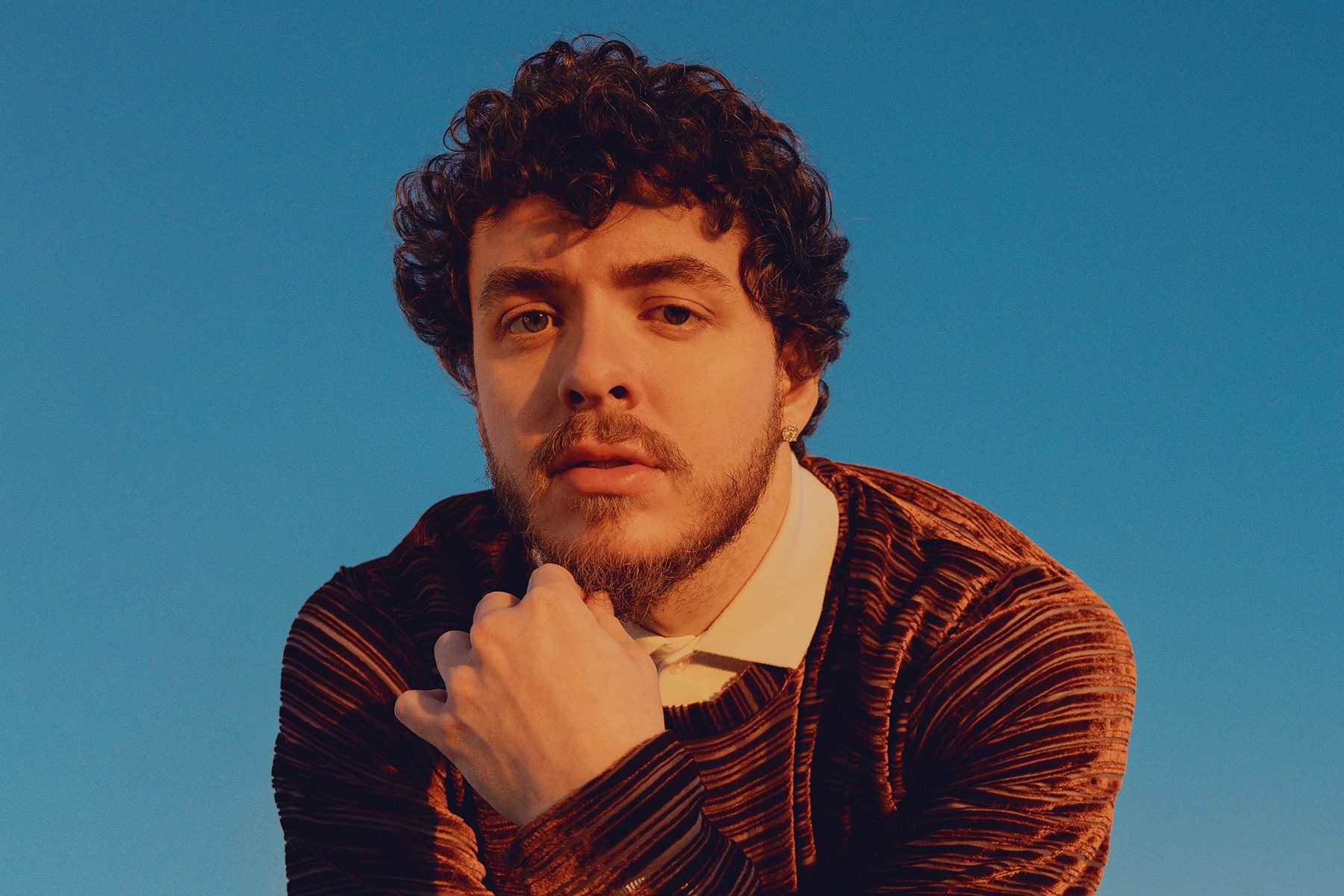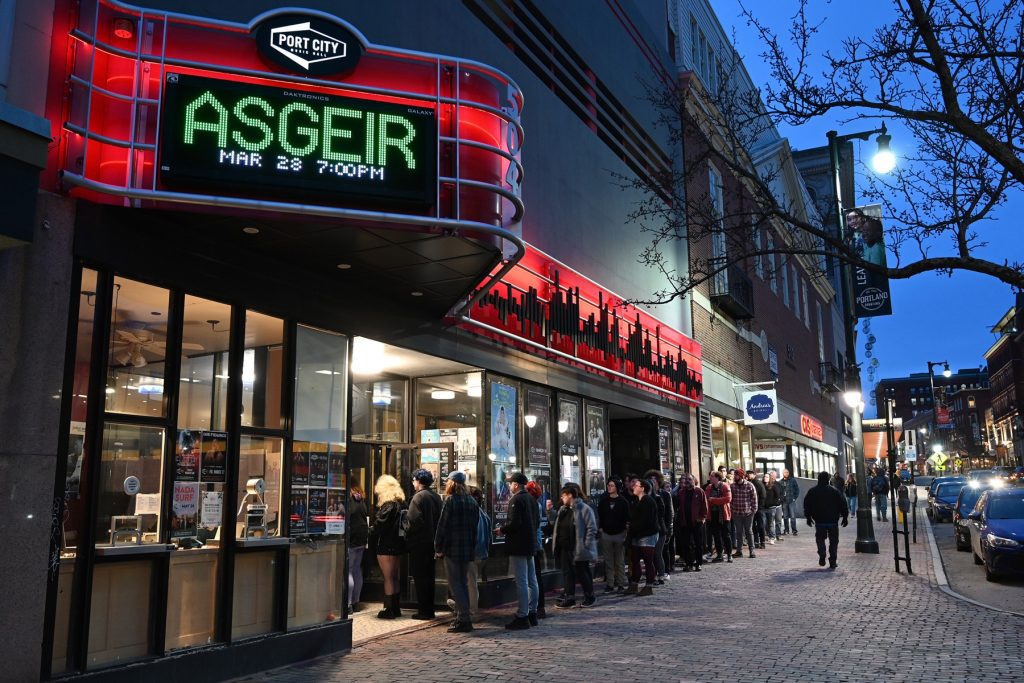
A Beloved Portland, Maine, Music Club Says Goodbye
In 2010, I went to see Peter Wolf play an intimate set at Portland, Maine’s Port City Music Hall. At the time, I’d gotten deep into Wolf’s catalog after hearing J. Geils Band’s Houseparty album, and the frontman delivered, playing a wild set full of hits like “Homework” and“Love Stinks.” During “Must of Got Lost,” Wolf dropped to his knees and delivered the classic spoken-word intro. After the show, my friend Jamie and I wound up in Wolf’s dressing room, listening to the disheveled legend hold court with fans, drink in hand, answering questions about his songs and his times with Muddy Waters, Joe Tex, and Merle Haggard.
It was my first of many unforgettable experiences at Port City Music Hall, a 550-capacity, perfect-sounding room located in the heart of the Old Port, a short walk from the waterfront, where you could see legends like Wolf and local heroes like Rustic Overtones and Kenya Hall. When the space opened in 2009, it felt like an invigorating addition to a scene where most venues were crumbling shadows of their former selves — and it helped Portland become one of the best music scenes in America. The venue announced this week that it’s closing permanently due to COVID-19, releasing a statement: “Port City Music Hall unfortunately cannot survive this crisis without revenue — and no end in sight.”
The news resulted in an outpouring from artists such as the Mountain Goats, who thanked the club “for giving touring musicians a place to play,” and Against Me!, who played their last show before the shutdown at Port City. “We had no idea that it would be the last show ever for the venue,” Laura Jane Grace tweeted. “This is breaking my heart.”
The venue had no idea what was coming this year, either. “Business was so successful and we were doing so great,” says Lauren Wayne, general manager of the company that owns Port City and the larger State Theatre down the street. “It’s bizarre to go through this after having such success. We went from generating millions of dollars to absolutely no dollars. It is the most surreal experience I’ve ever had to live through.”
Wayne took over Port City in 2013, making it a key part of Portland’s rising music scene. She saw the space as a “jumping board” for artists on their way to bigger rooms. Maggie Rogers played Port City in 2017; less than two years later, she played the State Theatre. A year after that, she sold out two nights at the massive waterfront venue Thompson’s Point. Father John Misty followed the same trajectory a few years earlier. “Port City was so special because you had this room to offer so artists could curate their craft and develop their skills, in front of fans who feel so lucky they don’t have to go to Boston to see a show,” says Wayne. She cites a show by the Arizona band Calexico as a highlight: “They’re a favorite band of mine, and getting to see them in a room that I book and that we run was really special.”
Rustic Overtones’ Dave Gutter, who played several shows at Port City, echoes that sentiment. “It was about capturing a perfect moment, because the sound and the lights and the people – it was all so perfect there,” he says. “It was also a not-forgiving room, because you can hear everything.” Gutter always loved playing the same stage as big names like Unknown Mortal Orchestra and OK Go. “It’s cool to flip-flop, where you go and idolize somebody on the stage, and then the next week it’s you playing there. I think about the microphone. You see yourself as equal, even if it’s for that moment … and it makes you stretch a little bit more [onstage]. Those mid-size venues that are conducive to having local bands and national touring bands elevate the scene, and we’re gonna miss that in Portland, not having that kind of room.”
After the venue closed in March, Wayne laid off her part-time staff. In the following months, she applied for PPP loans, “but, like probably every other business, we’ve exhausted that already,” she says. “What are you going to do? You’re a concert venue. You specialize in mass gatherings, and that’s not happening for an unforeseen amount of time. There’s no ‘pivoting’ to make revenue when your whole entire business model is based upon getting people in a room and watching a show.”
This week, we published an interview with My Morning Jacket’s Jim James, who’s wondering what live music will look like when shows do come back. He saw a future where nearly every artist might be on the road at once, but fans won’t be able to afford tickets. “The bands you love won’t have made any money in in a year or more,” he said. “It’s going to be in an environment where every band is back. So you’re like, ‘Okay, what concert am I gonna go to this week? Every fucking band is coming through town, and I haven’t had a job in six months, and I don’t have any money!’ You almost wish that somebody like Jeff Bezos would come out of the woodwork and say, ‘Hey, I’m a big music fan. Here’s a bajillion dollars to revitalize the concert industry.’”
Portland’s artists could use that kind of relief. Gutter recently walked around Portland with a camera crew, stopping by various clubs that have helped him survive with Rustic Overtones for 25 years. “It’s not just real estate,” says Gutter. “These buildings have a soul, and our happiest moments happened at these places.” He was hoping that the video, filmed for the Maine Music Alliance, would lead people with money to pitch in. “We were going to use it as promo for the clubs, but before we could even get the video out, clubs are closing,” Gutter says.
While Wayne says there is no chance of reopening Port City, she has bigger hopes for the other venues she books, including both the State Theatre and Thompson’s Point. This morning, she heard from Maine’s U.S. Representative Chellie Pingree, who did an Instagram story supporting the Save Our Stages Act. She also heard from Senator Susan Collins’ office, saying they’re pushing for the bill too. “I can only fight for what I know that we need, whether that is some kind of industry-targeted relief, or whether our industry is going to be included in some kind of broader package,” says Wayne. “I don’t know. We just fucking need it, because it’s going to get really dark really fast.”
